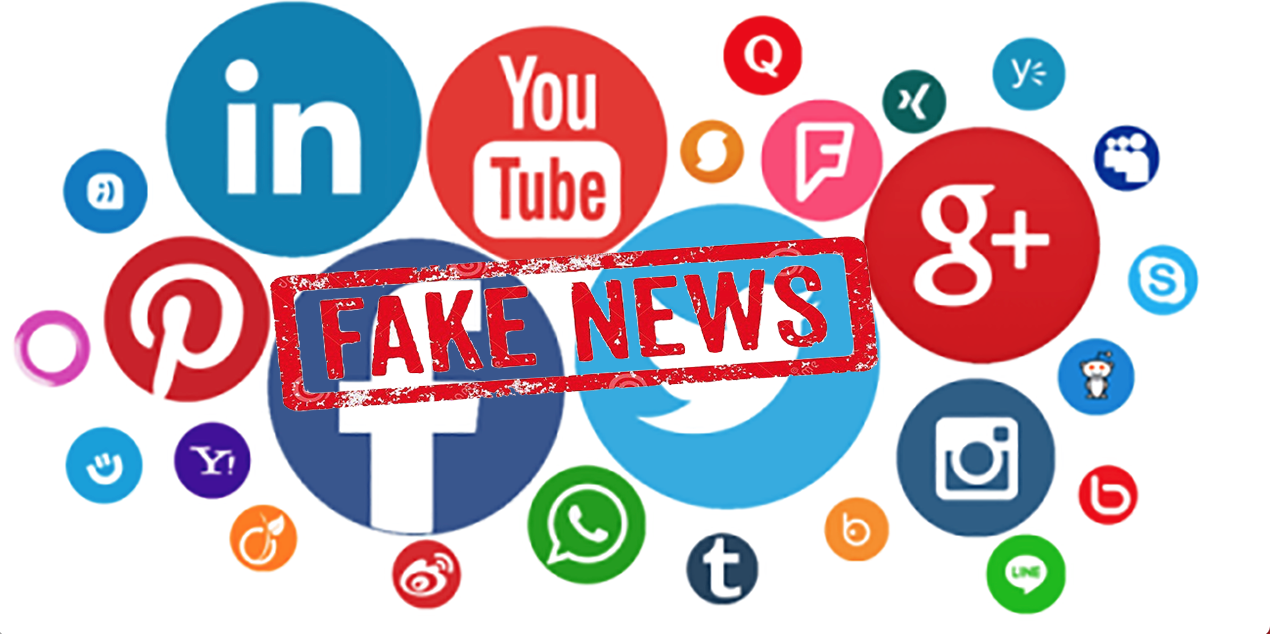Social media has been exploited by foreign powers as a tool to destabilize American democracy. That was evident in 2016. But how do we move forward to prevent such an attack from happening again?

Among those who follow American politics, it is understood that midterm elections are important to watch. Essentially, these midterms give citizens the power to express their opinion on how the country is being run. Gauging from the results, political scientists are able to measure the mood of the country, which can later inform strategies for the following presidential election.
However, these upcoming midterms are a cause of concern for many in the intelligence community. They worry that our democratic process may come under seige, the same way it did in 2016, when fake news proliferated social media platforms; an attack orchestrated by Russian hackers. New York Times
In all likelihood, these misleading stories (remember Clinton and so-called ‘Pizzagate’? Independent) meant many voters were misinformed as they headed out to the polls. While the rest is history for the 2016 election, nothing appears to have been done to hold social media companies accountable or ensure this never happens again. Therefore, we are as vulnerable and as exposed as we were two years ago.
If the likes of Facebook and Twitter have lost control of their respective beasts, is it time for the government to forcefully intervene to protect our democracy?
I’m reminded here to draw a comparison with the stock market, which was once completely unregulated. Banks and other financial institutions could freely, and in some cases, irresponsibly, buy and sell stocks. The Wall Street Crash and the Great Depression of the early 1930s was a consequence of this unregulated activity, with millions losing their jobs and financial security. These crashes motivated the government to take action and begin regulating the market, in an attempt to guarantee that such a crisis could never happen in quite the same way. This put ordinary Americans at ease, knowing that their salaries and savings were safe.
One could see 2016 as a similar ‘crash’ moment for social media platforms, as they greedily amassed power and failed to pick up the pieces. In fact, they even profited from fake news itself by selling advertising space to dodgy firms, and refused to spend the required amount to fix loopholes on their sites. Though the two contrast in many respects, the stock market and social media companies both handle important aspects of American life: wealth and democracy. Until now, the government has only stepped in to protect one of those aspects – it’s time to look at how we can protect the other.
One could argue that the government should intervene in the social media market, too, in an attempt to limit the exposure of the American people to fake news. However, it would be naïve to neglect issues of free speech here, as some citizens could perceive such actions as an affront to their First Amendment rights. The U.S., a symbol of democracy around the world, could embark on a slippery slope towards censorship, akin to Turkey or China. To balance the influence of government in this process, and ensure the protection of free speech online, the consultation process regarding fake news regulation should be as inclusive as possible, incorporating the views of users and the social media companies themselves. Pressured by calls for change from above (i.e. government) and below (i.e. users), social media companies might finally be incentivised to filter fake news, fearing legal proceedings and further damage to their brands.
Should regulation come into effect, it could encourage companies to conduct the research and development necessary to effectively comply. The most efficient way to verify the content on these platforms would be through the use of Artificial Intelligence (AI). There is an irony in using AI here, as it is the same technology that has been used to spread fake news in the past. While the technology has proved capable of tampering with democracy, it could also play a role in defending it. In the future, “bots” could sweep these platform for false information, and examine whether certain accounts tend to be a source of fake news. Posts could even be checked before they are published to ensure they are not filled with blatant factual mistakes. So, while the need for regulation is evident, the tools required to enact it seem within reach, too.If governments and companies eventually took steps to tackle fake news, social media could become a much more positive place. Rather than being a tool for foreign adversaries to divide us, it would be somewhere to bridge social divides, and understand diverse points of view. The platforms could connect people who would otherwise be separated, and allow for a constant, healthy political conversation without the influence of false information. More importantly, our democratic process would be safe and secure, ensuring the legitimacy of our elections. America would lead the assault on disinformation and encourage our allies to take similar steps to regulate fake news.
However, this elaborate future is not possible unless our elected leaders take action to protect our democracy. Until that occurs, we remain vulnerable to a similar attack in our elections later this year. There is no stopping Russia, or anyone else for that matter, from exploiting the current flaws of Facebook’s ad buying system, or Twitters toleration of false information. We must act, before lasting damage is done.






